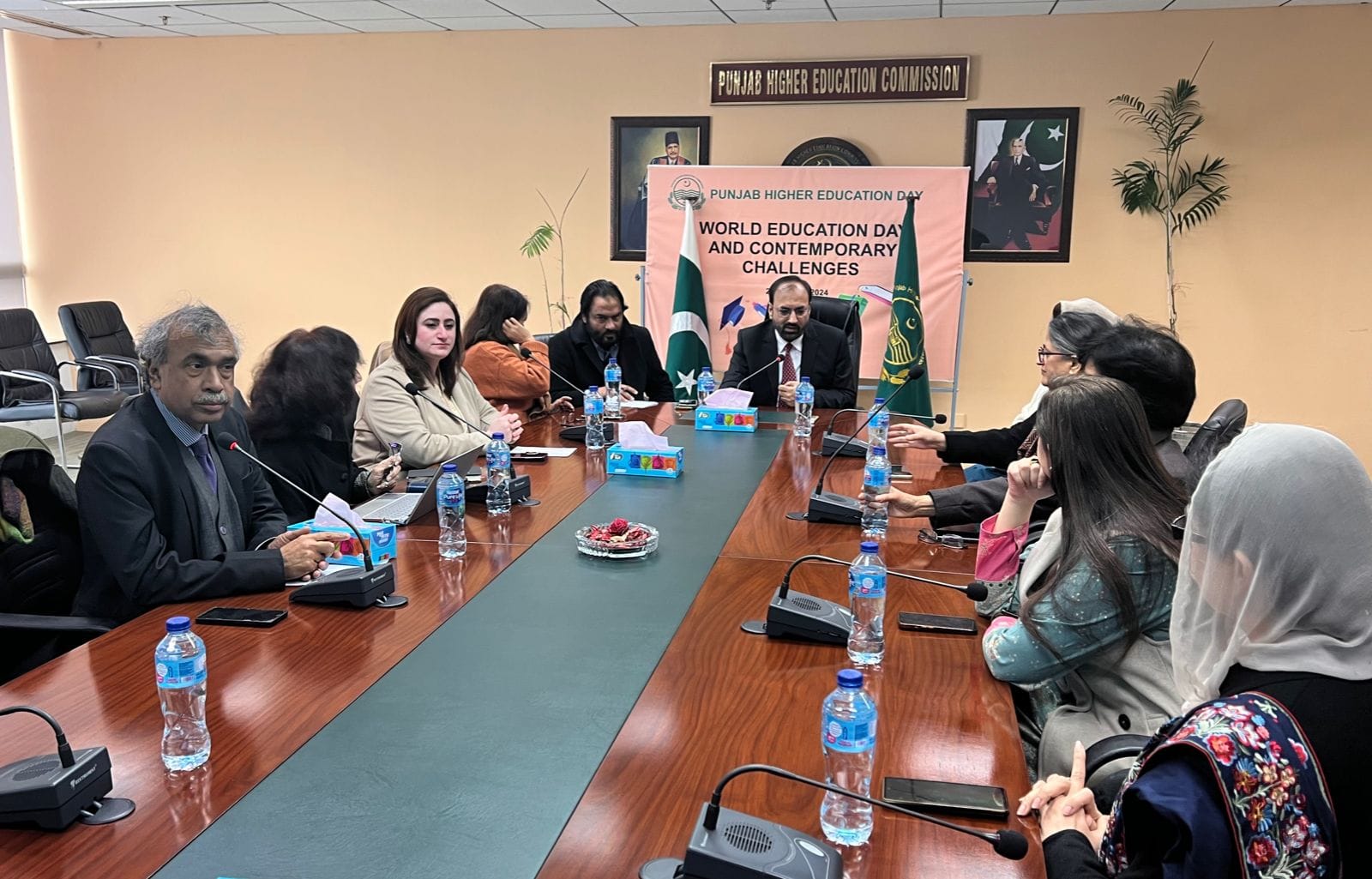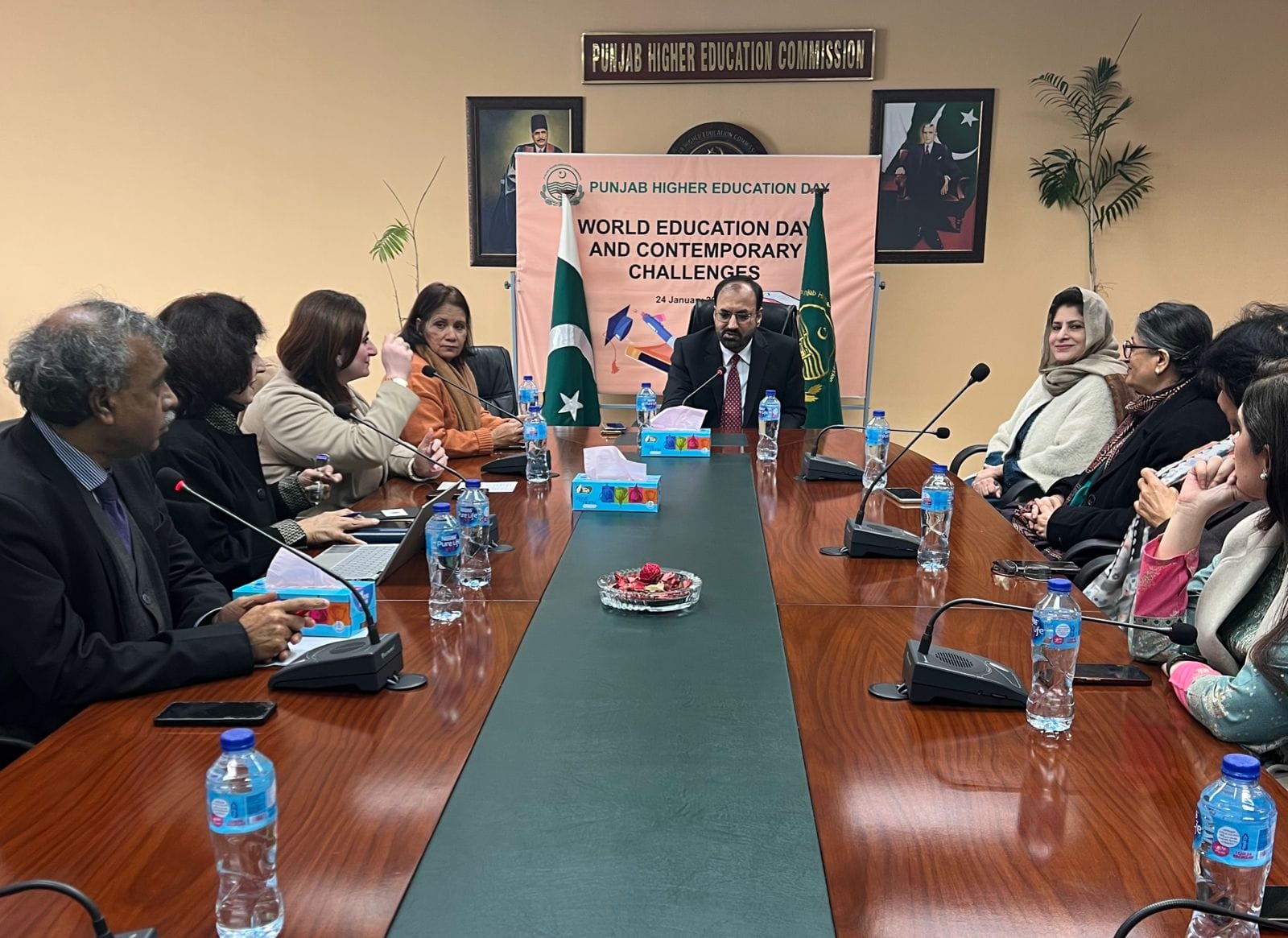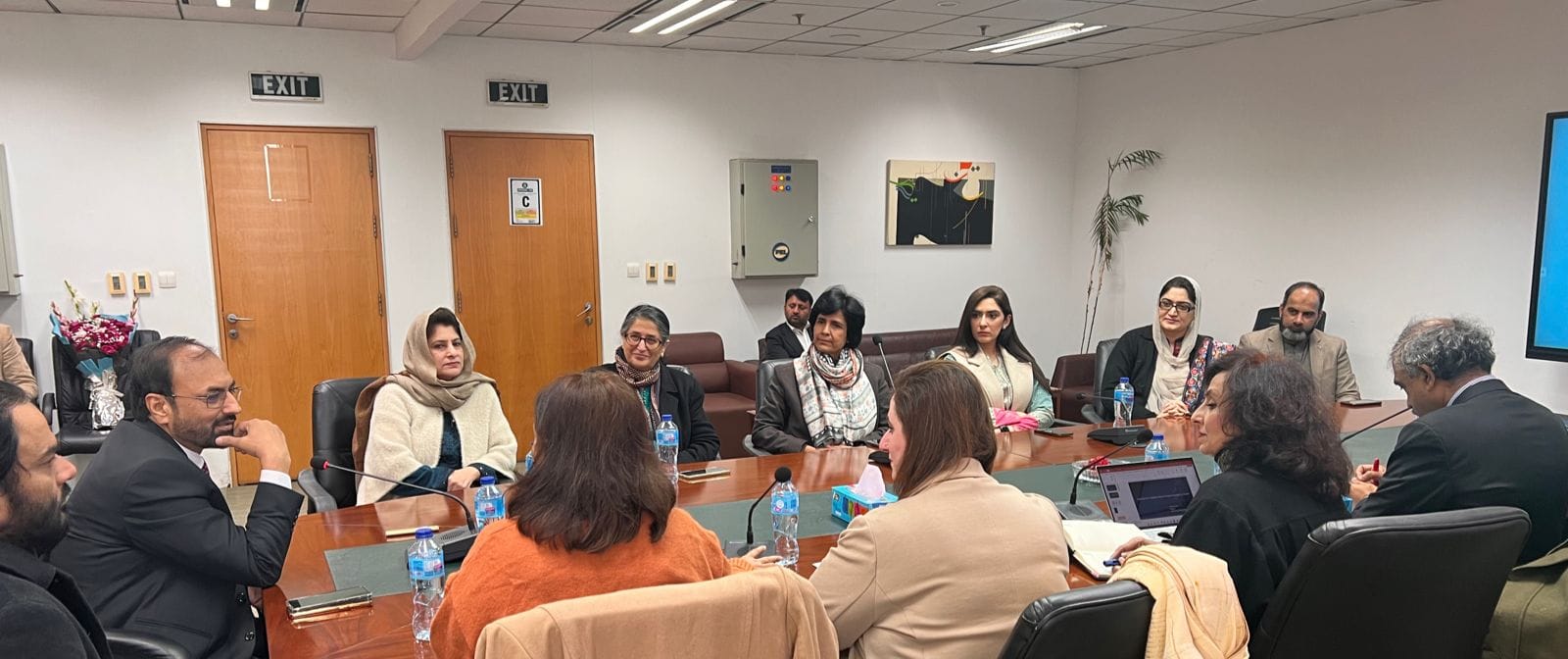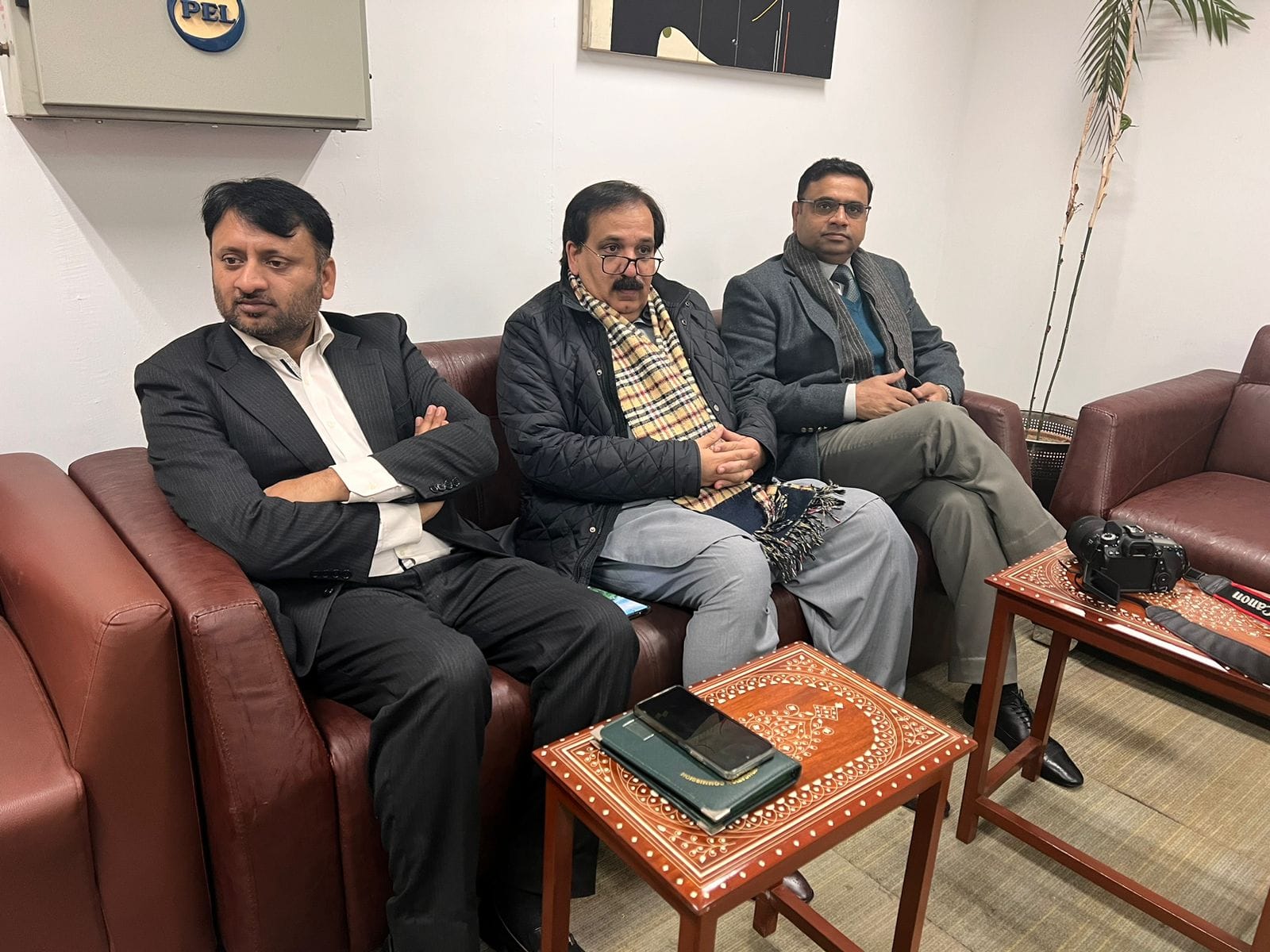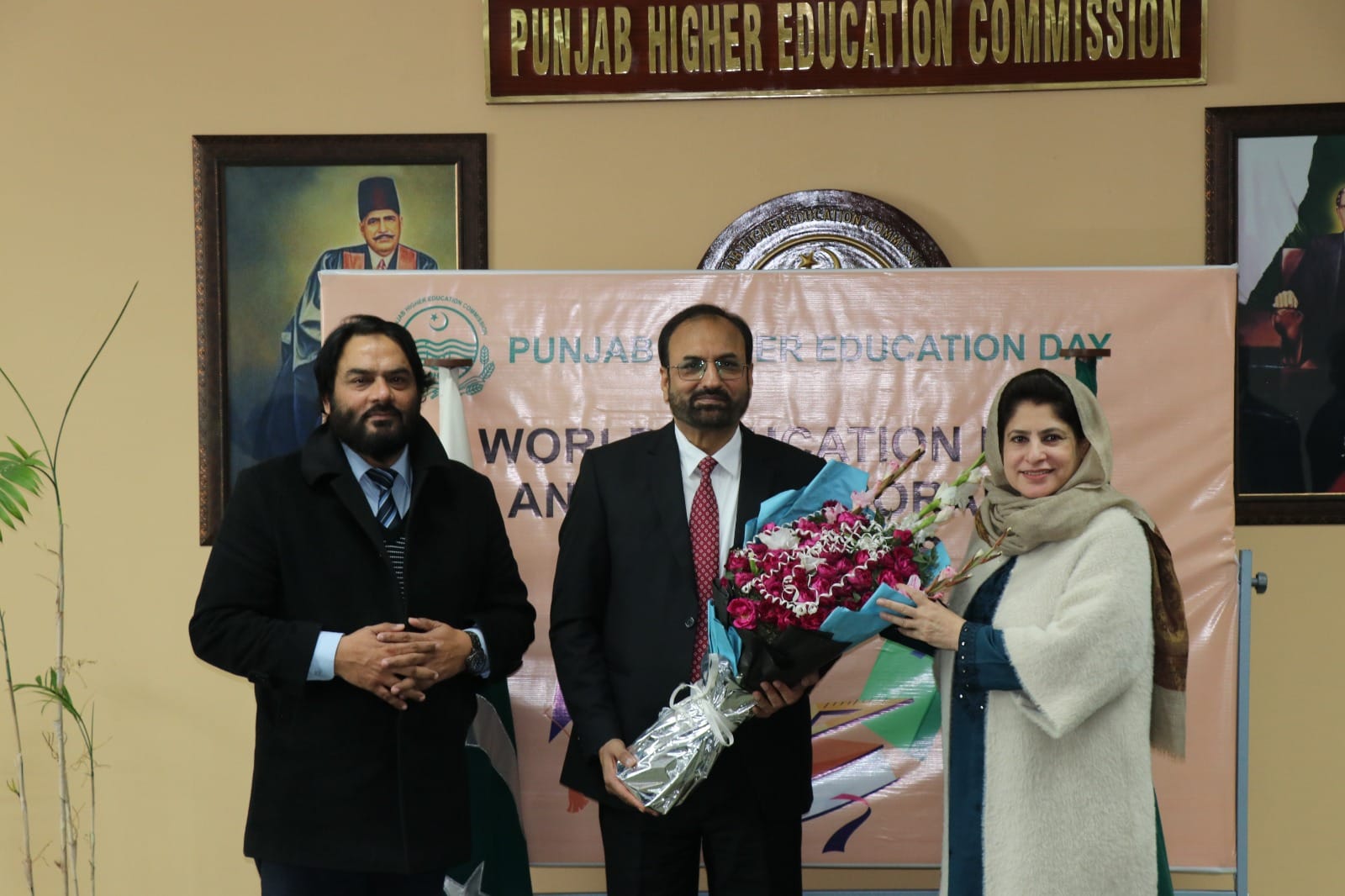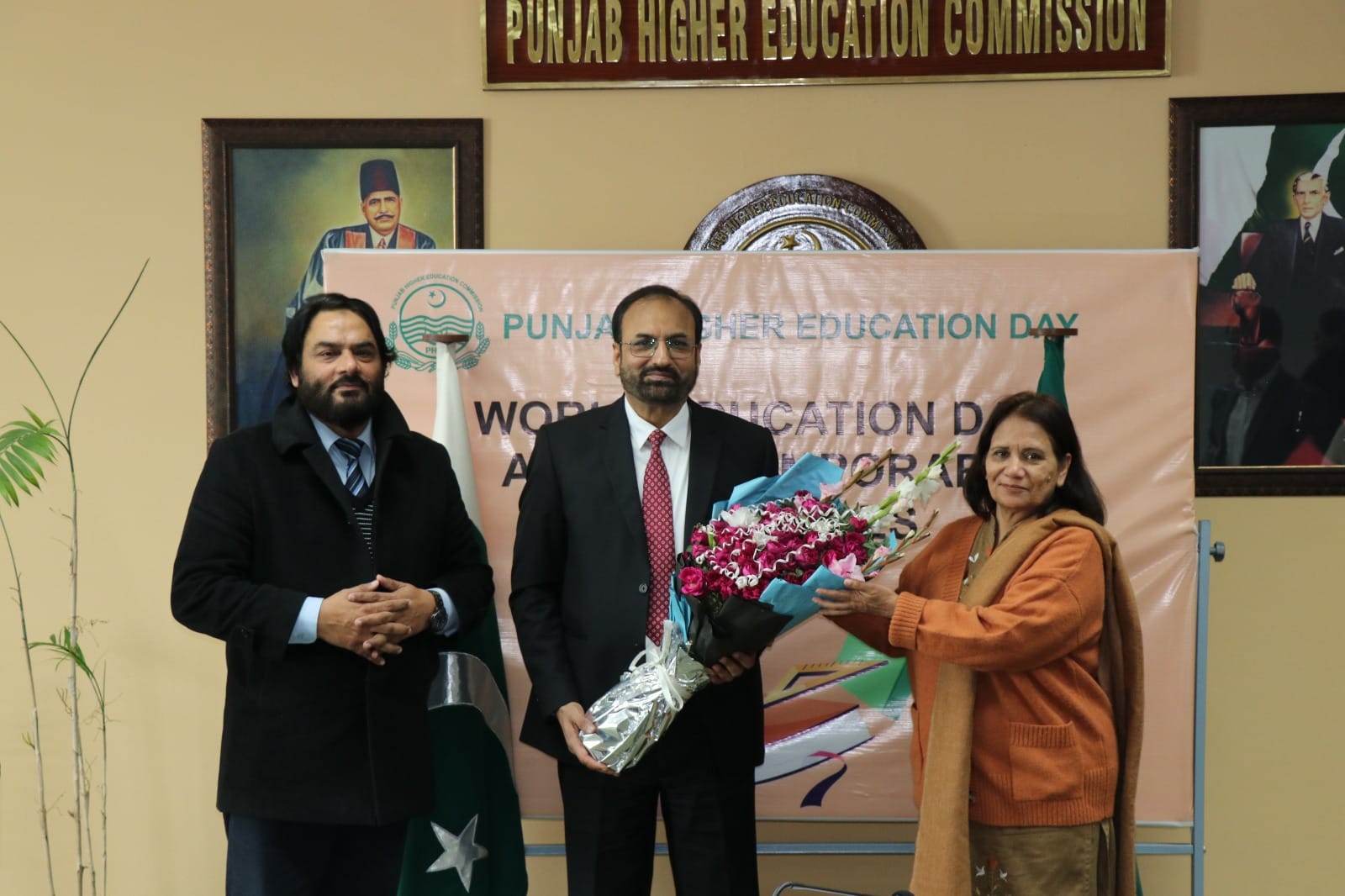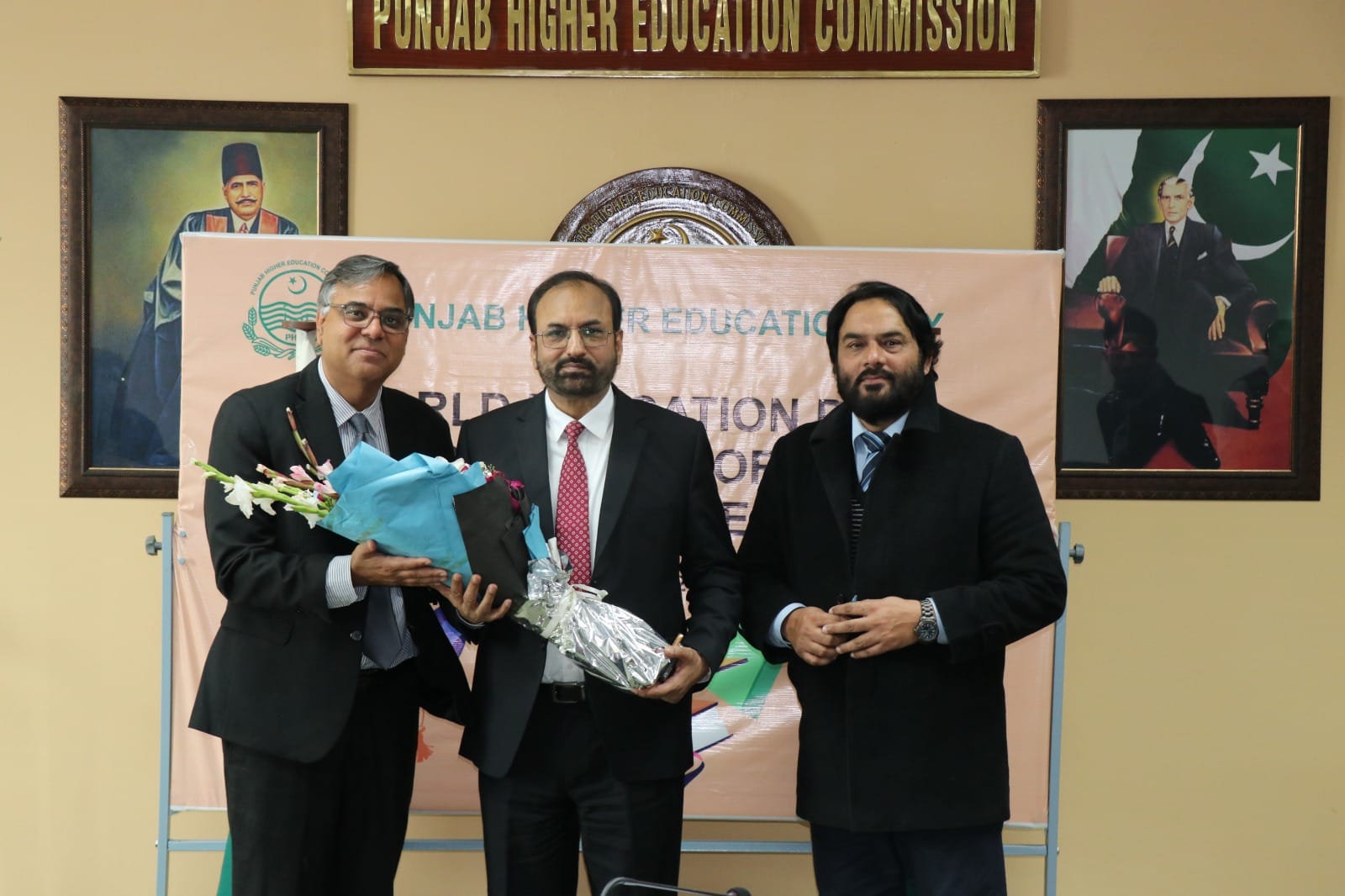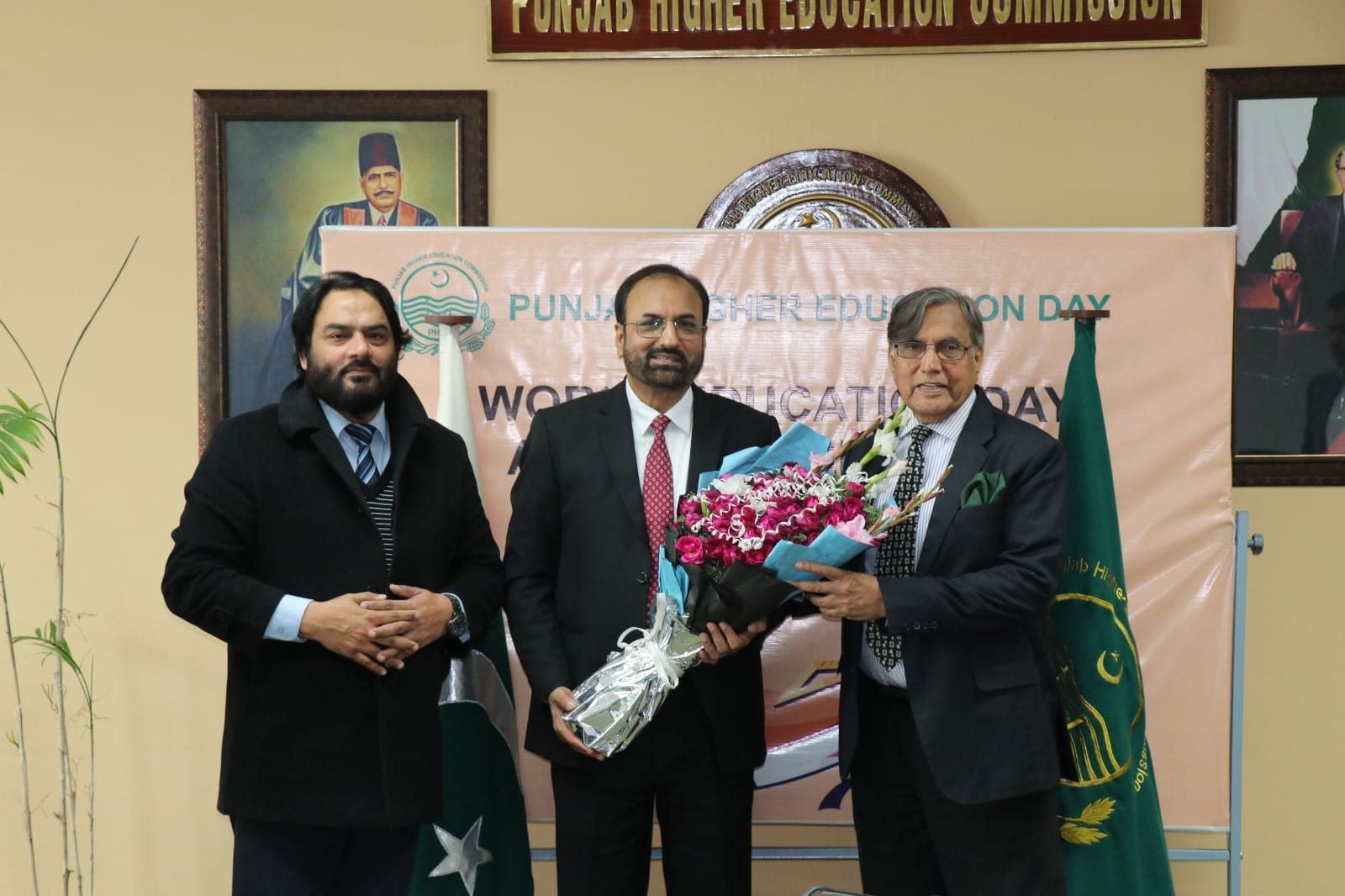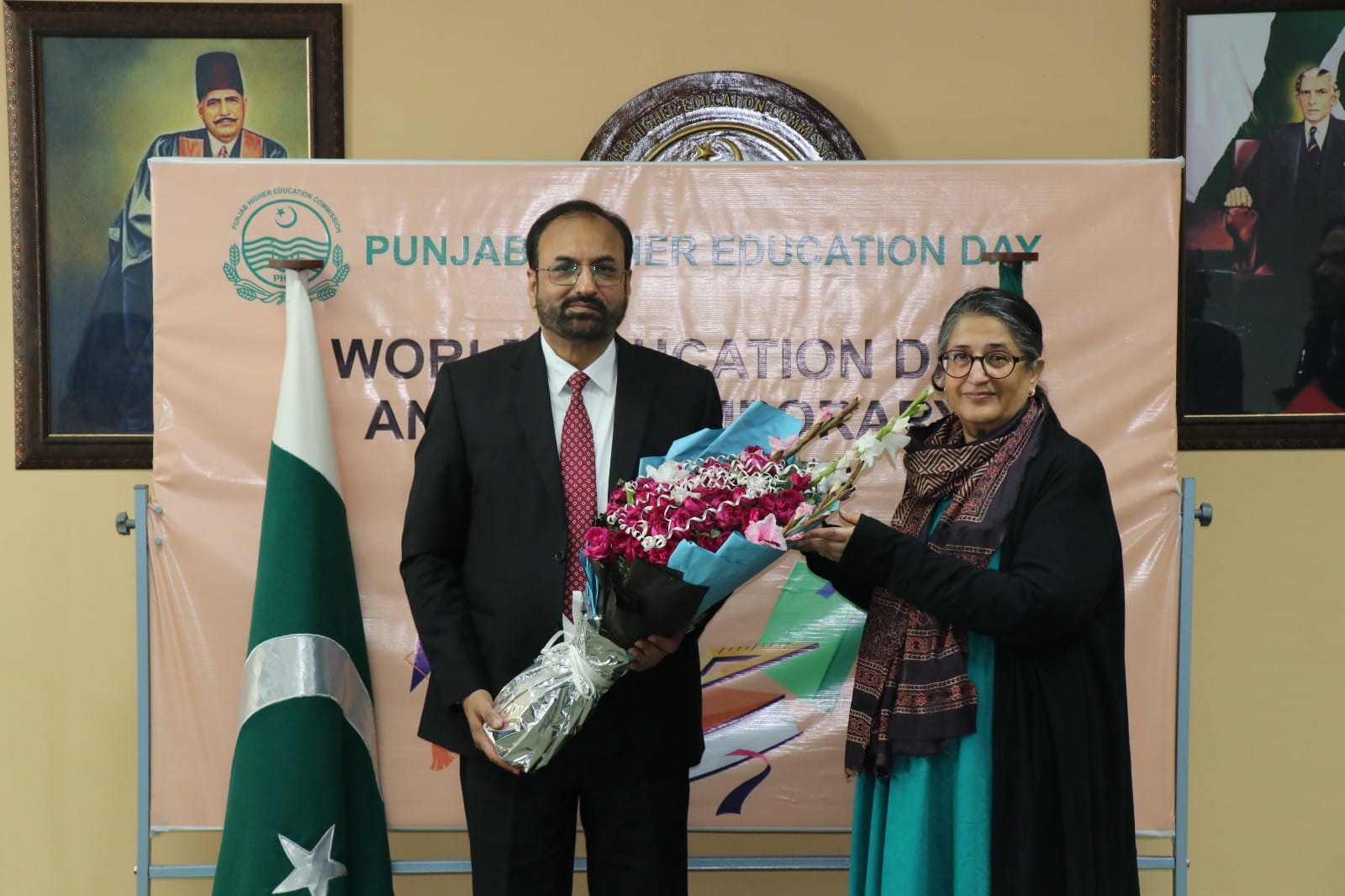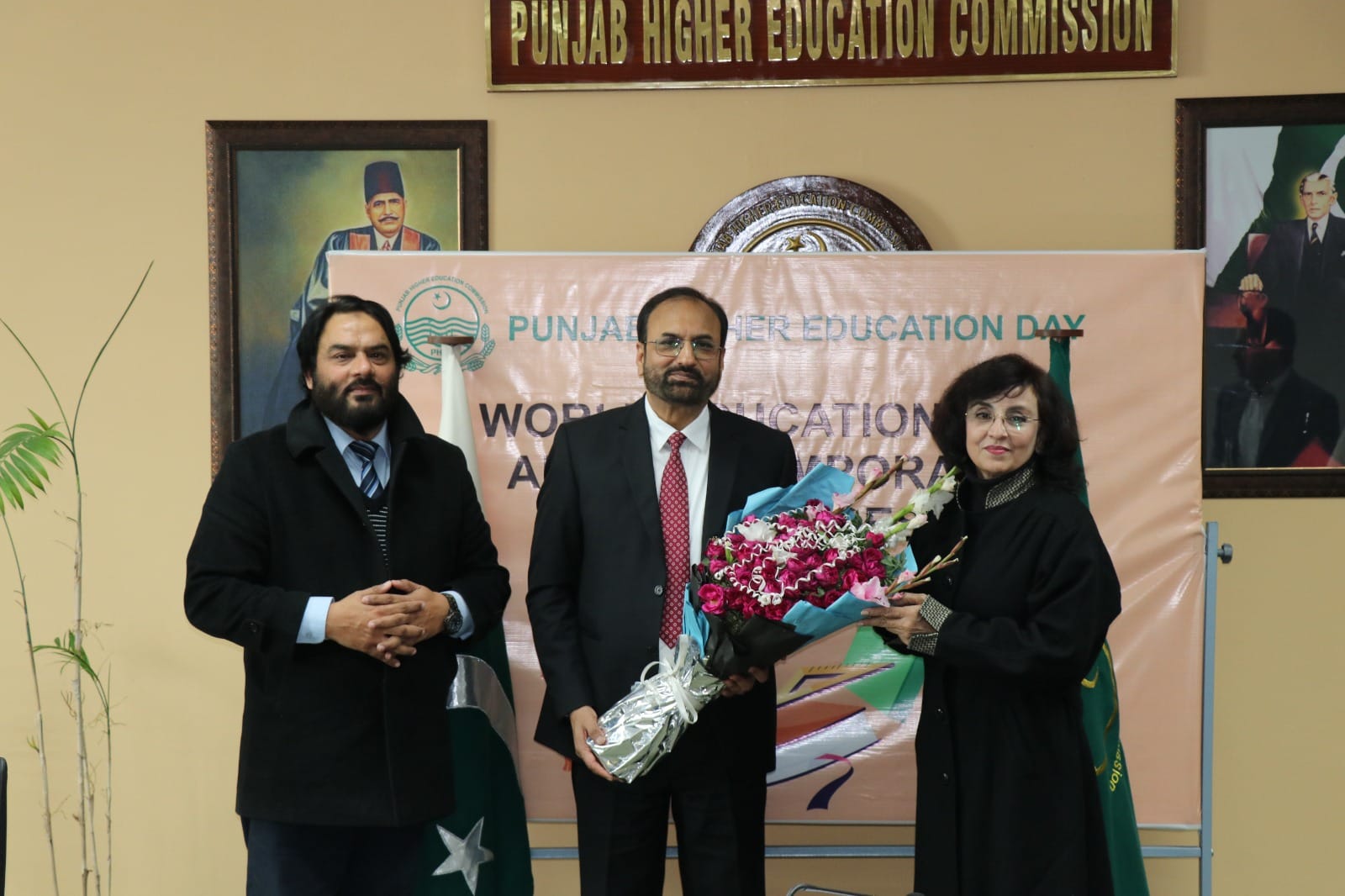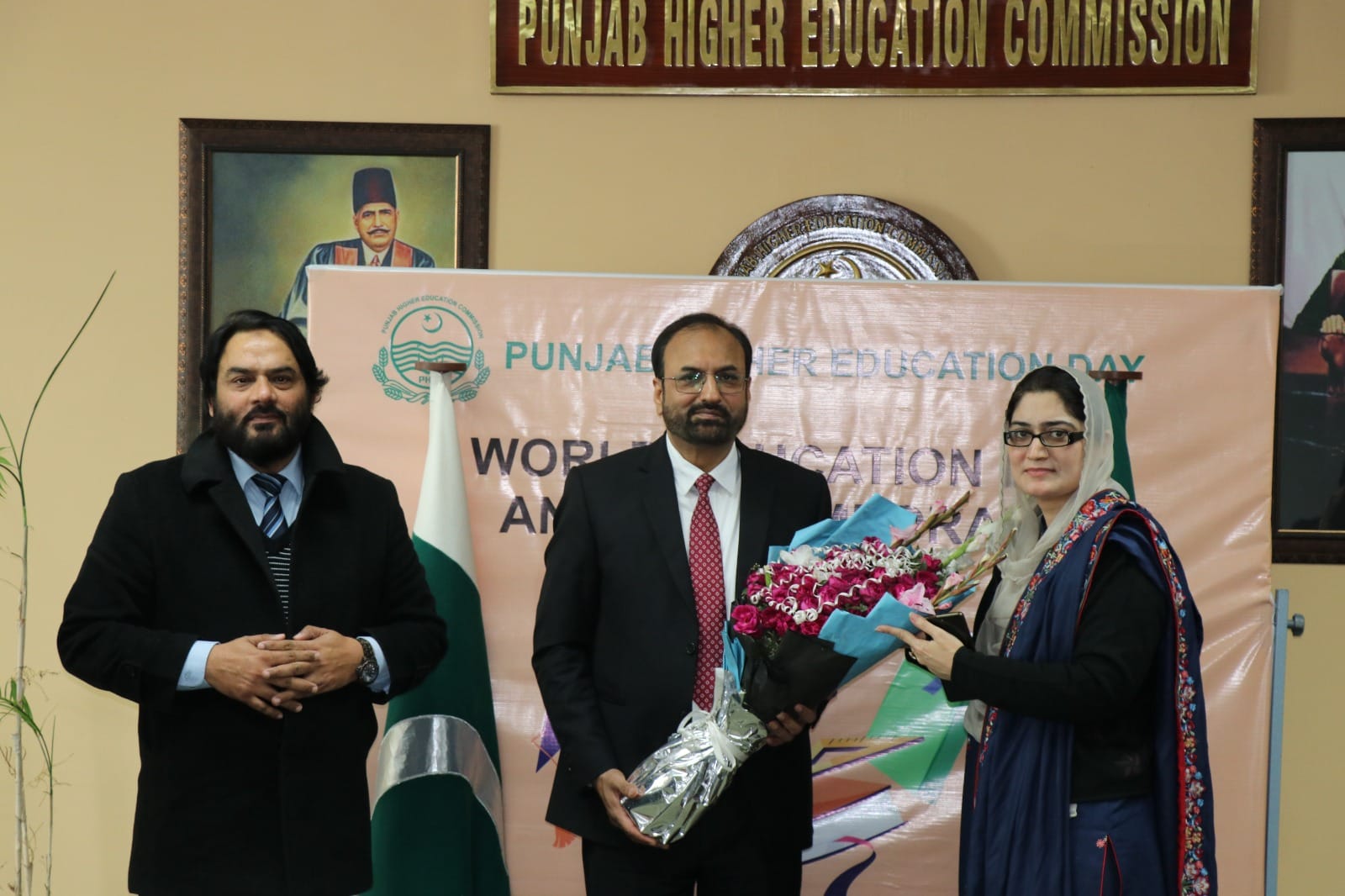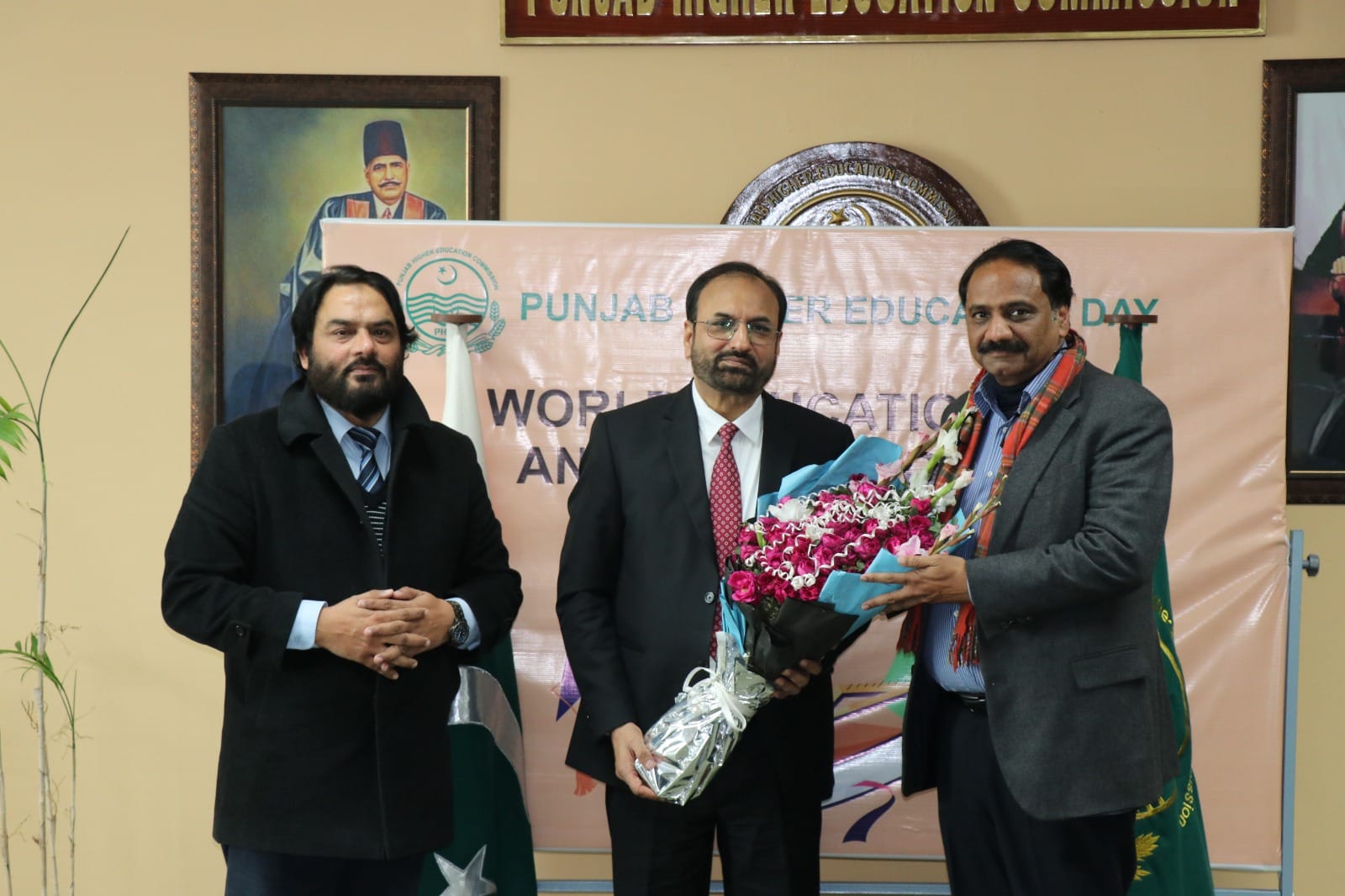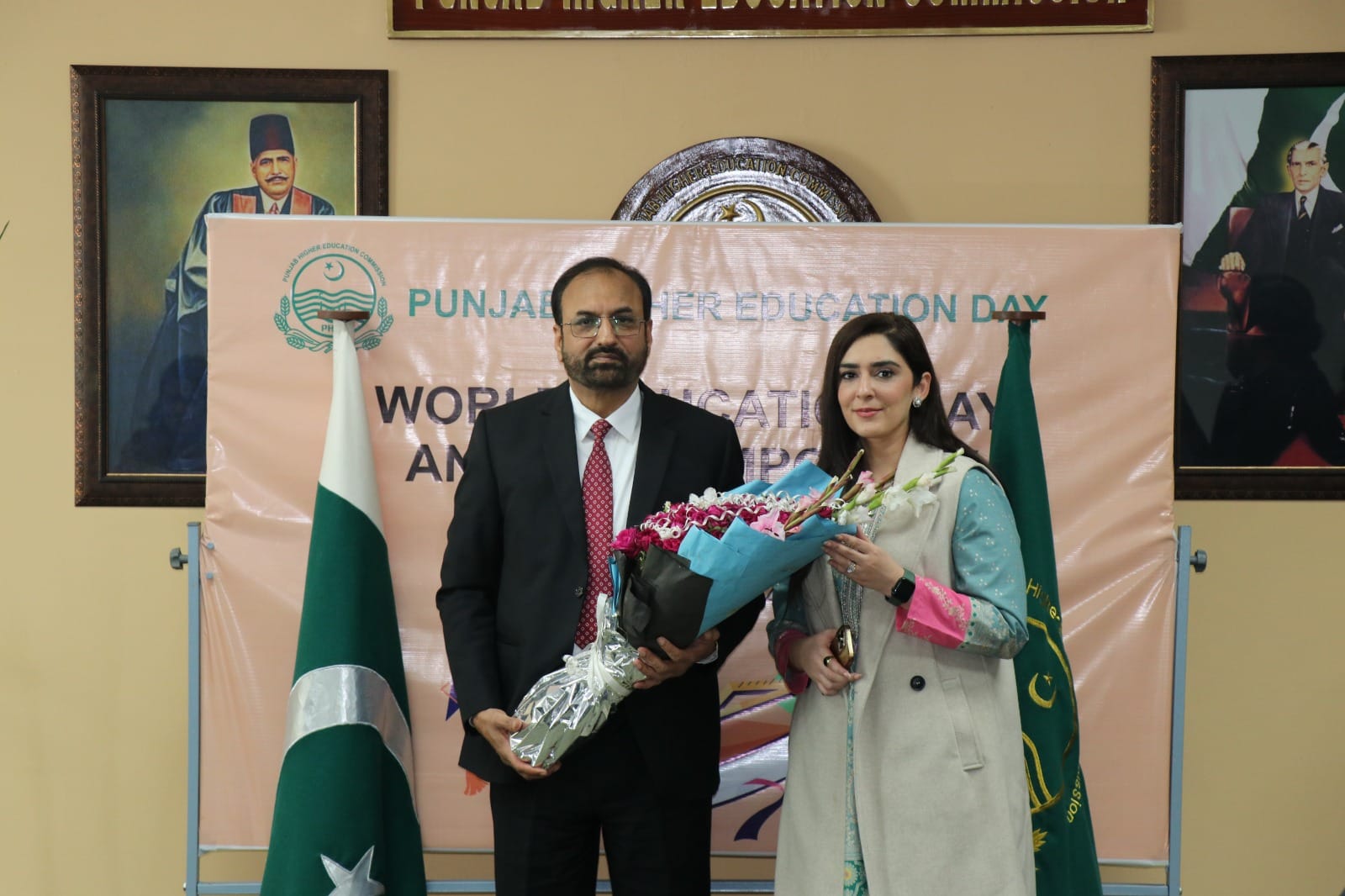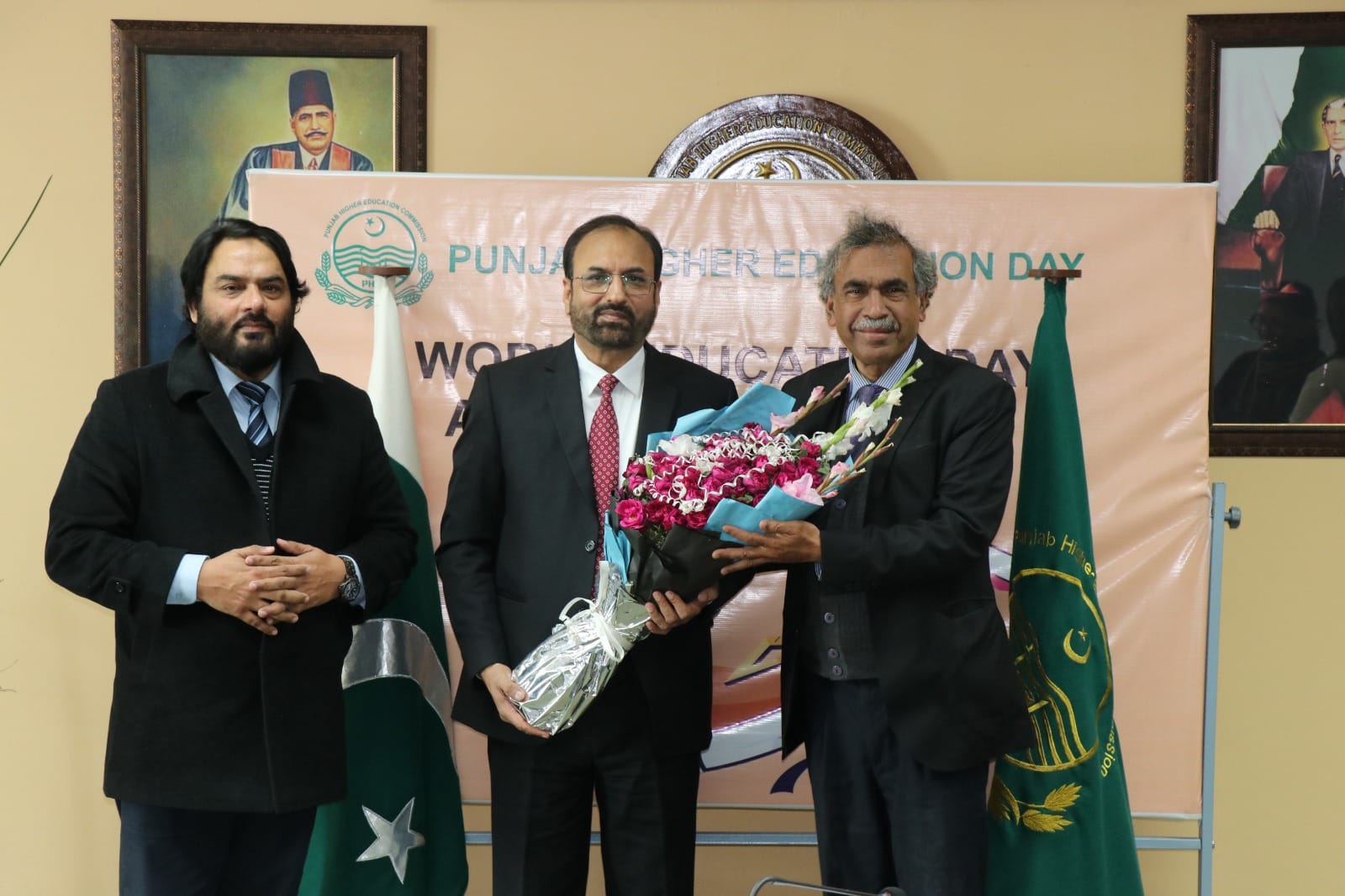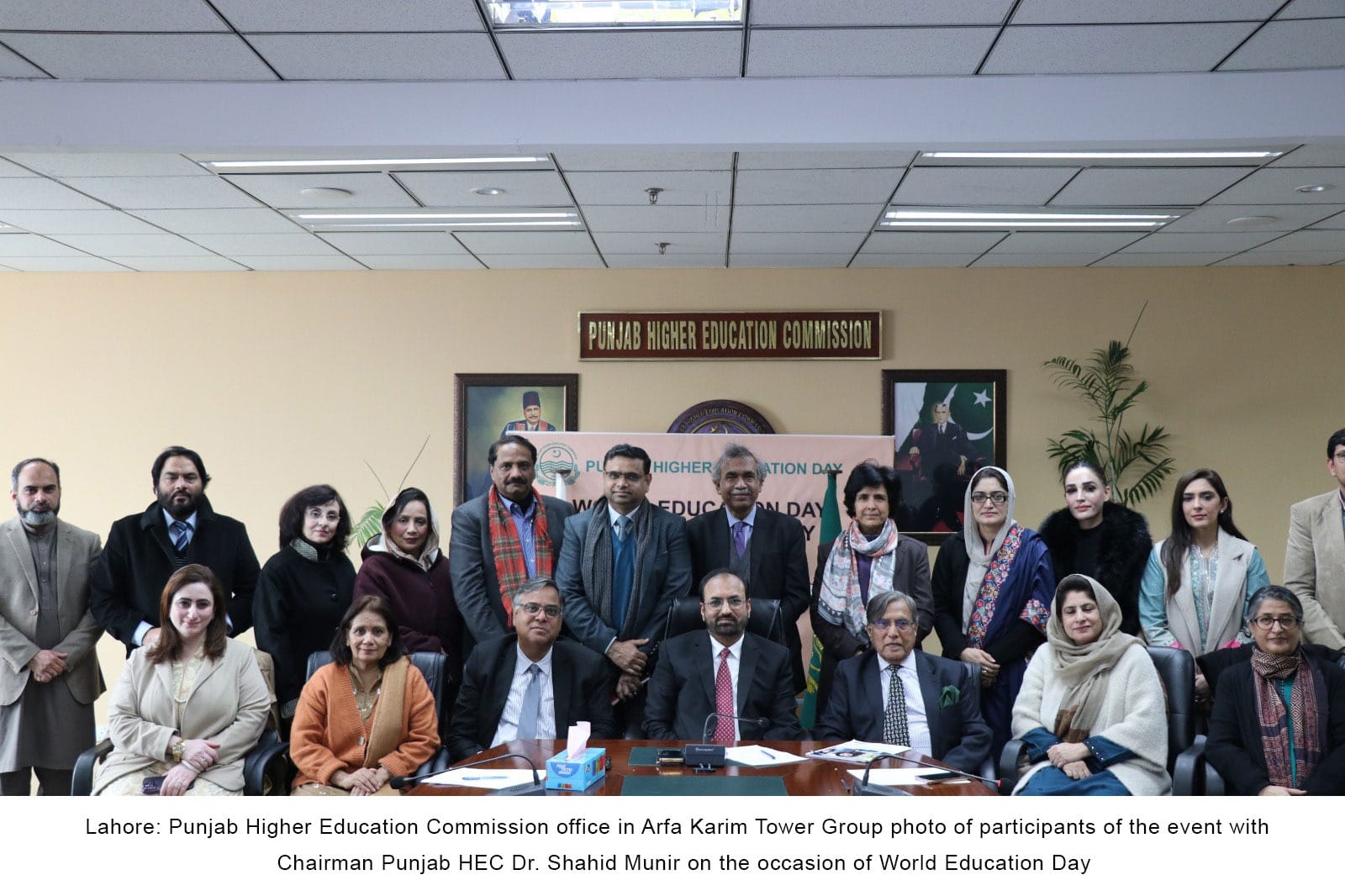Charting the Future: World Education Day Commemoration and Visionary Discussions at Punjab Higher Education Commission”
On January 24, 2024, a significant ceremony commemorating World Education Day took place at the Punjab Higher Education Commission office in Arfa Karim Tower, Lahore. The event, presided over by the Chairperson Punjab HEC Prof. Dr. Shahid Muneer, aimed to showcase the academic advancements and progress of PHEC in alignment with global education goals. Esteemed participants included Prof. Dr. Rukhsana Kausar, Prof. Dr. Uzma Qureshi, Prof. Dr. Ali Sajid, Mr. Salman Abid, Ms. Farzana Shahid, Dr. Amina Moazzam, Ms. Shaughta Rathore, and Dr. Bushra Inayat Raja, all actively contributing to discussions on education quality, enhancements in the teaching and learning system, teacher development, and addressing concerns about out-of-school children.
The participants unanimously emphasized the integration of technology, the introduction of skills-based education, fostering international collaborations, and revising the curriculum. A consensus emerged to implement a teaching certification system for educators, underscoring the collective commitment to enhancing and maintaining educational standards. The achievements of universities in academic and research realms were highlighted, accompanied by discussions on contemporary challenges and suggestions for overcoming them.
In his heightening address, Dr. Shahid Munir provided a comprehensive analysis of the state of education in the country, expressing deep concerns that hinder its competitiveness on international standards. He pointed out that despite the devolution of education to provinces through the eighteenth amendment, practical steps for implementation were lacking, resulting in a decline in Pakistan’s development index. Dr. Munir emphasized the need for increased education budgets, citing the United Nations’ recommendation of allocating four to six percent of the national product to education.
Dr. Munir asserted that the modern concept of power lies in educational skills rather than traditional weaponry. He stressed the importance of prioritizing education for development, especially in addressing challenges like unemployment, inequality, and climate change. Drawing attention to the critical link between education and national development, he argued for the central status of education, stating that achieving gender equality and eradicating poverty require a focus on education. Dr. Munir urged for unity, emphasizing that overcoming regional, personal, and ethnic biases is achievable through education and awareness of rights.
Additionally, the need to incorporate 21st-century skills such as critical thinking, communication, creativity, and collaboration in the educational curriculum was underscored as essential for improving the education system. Dr. Mansoor Baloch, Dr. Asif, Dr. Mumtaz, Dr. Waheed, and Dr. Tehmina Anjum were also present at the ceremony, organized by Dr. Tanveer Qasim, contributing to the discourse on shaping the future of education in the country.
